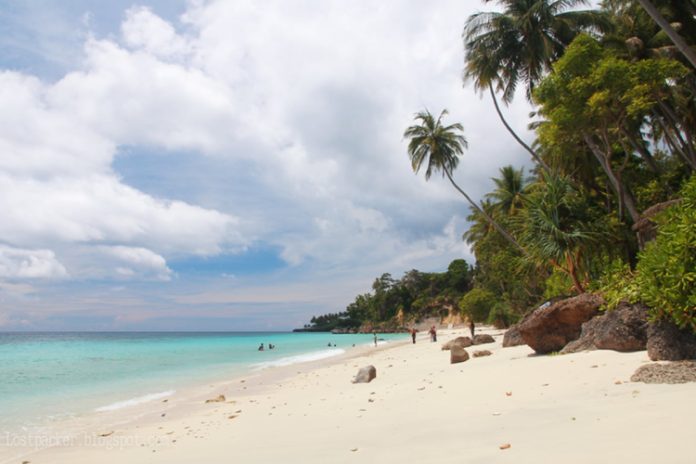One of the unfortunate realities of the COVID-19 pandemic is that thousands of workers are being let go or are under threat of losing their jobs in order for businesses to survive. Industries such as tourism in particular have it the hardest, with travel bans effectively curbing all sorts of tourism entirely, be it foreign or local.
In Indonesia, the tourism and hospitality sectors have unsurprisingly been decimated as well. However, an ongoing initiative is actively looking for solutions in order to help the struggling workers survive and get back on their feet. Many of these workers have taken on new jobs created to clean the archipelago’s plastic-littered beaches.
On Bintan island, usually a popular destination for Singaporean holidaymakers, furloughed workers have been hired by ocean clean-up and plastic offsetting firm Seven Clean Seas to comb the beaches for litter. The workers, who have been hired on a weekly contract basis, are being paid the same daily rate as their usual jobs, plus 25 percent extra if they collect 25 kilograms of plastic.
Indonesia’s tourism and hospitality sector employs a decently large portion of the nation’s workforce at about 9 percent and contributes 4 percent to the economy. Due to being on the harsh receiving end of COVID-19, tourism numbers are expected to drop from 16 million visitors in 2019 to just 5 million in 2020.
The pandemic has also seemed to indirectly caused a severe environmental problem. Plastic pollution is believed to have worsened as a result of increased consumption of disposable personal protective equipment and packaging from online deliveries, and the lifting of bans on single-use plastic. Due to overstretched rubbish collection services and a largely insufficient waste and recycling sector, plastic pollution is running rampant and is continuing to rise.
Seven Clean Seas’ intends to help alleviate this pollution and furloughed worker issue in one go. Their beach-cleaning team of 22 staff collected 815 kilograms on their first day of operations from Bintan’s east coast beaches. Collected recyclables were passed to informal waste pickers living near Tanjong Pinang landfill. The rest was landfilled.
Tom Peacock-Nazil, founder of Seven Clean Seas, noted that the collected plastic will contribute to the plastic offsetting schemes Seven Clean Seas has had to put on hold since Covid-19 movement restrictions were introduced. Corporates pay the firm to offset the plastic they use through recovery schemes such as beach clean-ups, but opportunities to clean beaches have been limited during the pandemic.
“Covid-19 has dealt a huge blow to Indonesia’s hospitality businesses, leaving many unemployed or furloughed for extended periods. These communities often are very vulnerable without the ability to earn wages,” said Peacock-Nazil.
“We have pre-existing plastic offsetting mandates that require us to continue recovering plastic from the marine environment. We saw an opportunity to solve two issues at once by offering employment to these communities to clean up and recover plastic from their own regional locations.”
Peacock-Nazil said he aims to scale up the initiative in Bintan and elsewhere in Southeast Asia by working in partnership with The Long Run, a sustainable tourism civic society group, and is seeking corporate partners.




















